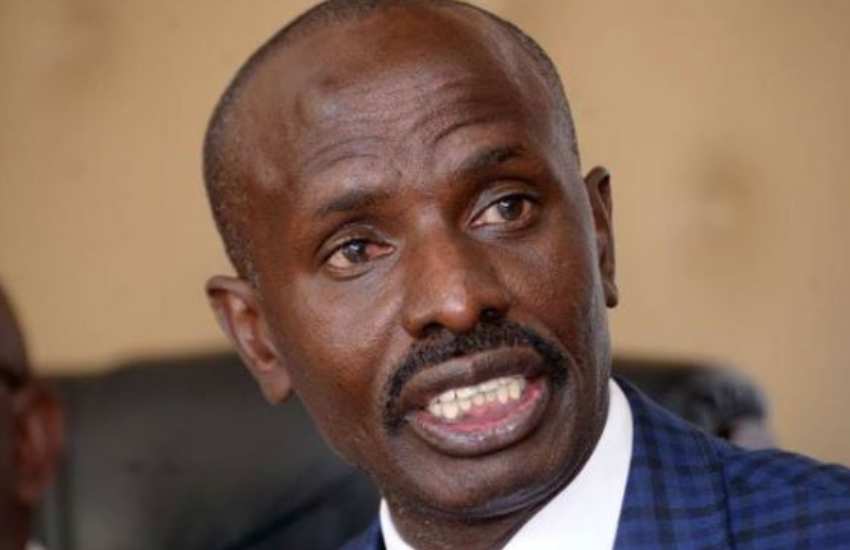×
The Standard e-Paper
Smart Minds Choose Us

Globalisation and education are highly interrelated from a historical view. At the basic level, historical processes identified as essential precursors to political-economic globalisation during the late modern colonial and imperialist eras, influenced the development and rise of mass education.
Thus, what we commonly see around the world today as education and mass schooling of children could be regarded as a first instance of globalisation’s impact on education.